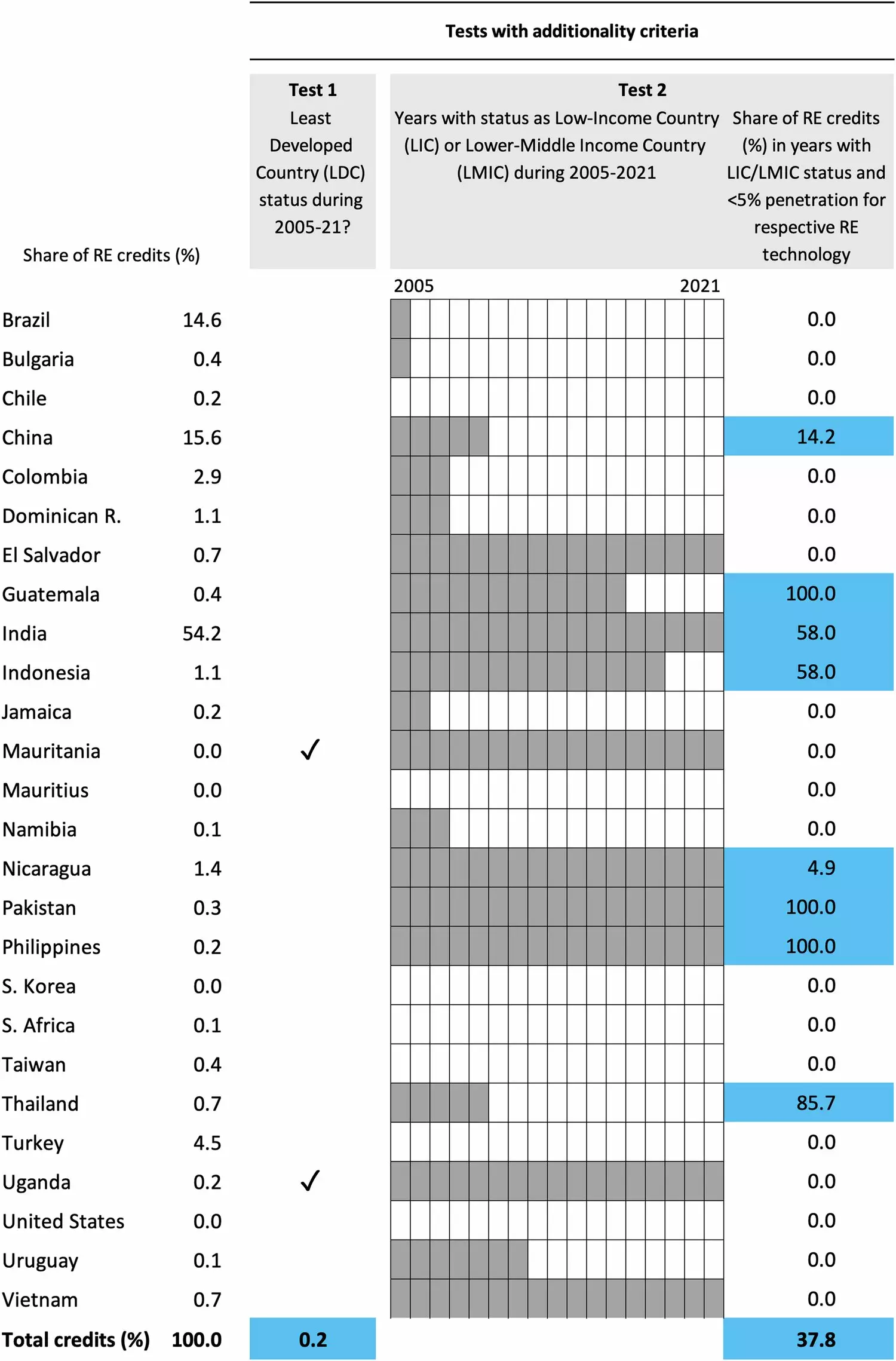Amid the escalating urgency to combat climate change, large corporations are increasingly touting their commitment to carbon neutrality. However, a recent study from Kyoto University casts serious doubts on the validity of these claims. Researchers have delved into the practices of the 20 corporations that have retired the highest number of carbon offsets in the voluntary carbon market (VCM) over the past four years. Their findings reveal troubling truths: many of these companies have relied predominantly on low-quality, inexpensive carbon credits that do not fulfill the environmental promise they claim. This raises critical questions about whether these corporate claims are mere marketing strategies rather than genuine efforts to mitigate climate change.
The Kyoto University study analyses a comprehensive dataset tracking carbon offset retirements from 2020 to 2023, focusing on the dominant registries within the VCM, namely Verra’s Verified Carbon Standard, the United Nations’ Clean Development Mechanism, and Gold Standard. Alarmingly, none of the 20 corporations assessed could substantiate that a significant proportion of their retired offsets adhered to standard quality metrics. This discrepancy is indicative of a systemic issue plaguing the carbon offset market: ineffective verification processes and lack of stringent quality controls.
The study also reports that many companies deliberately opted for lower-cost offsets that hail from projects initiated over a decade ago. Such a strategy highlights a crucial flaw in corporate carbon offset purchasing—rather than fostering new, impactful projects, these companies appear more concerned with minimizing costs. This not only undermines the potential for meaningful advancements in emissions reduction but also raises the specter of ‘greenwashing’—wherein businesses craftily market themselves as environmentally responsible while continuing actions that are incongruent with such claims.
The implications of this research are significant, particularly as nearly all of the companies studied have publicly declared net-zero targets. The gap between these corporate commitments and their actions underscores a pressing need for improved accountability mechanisms. The findings suggest that the challenges associated with offsetting extend beyond supply issues to include the purchasing strategies of corporations themselves. Companies must pivot from merely purchasing carbon credits to making investments that genuinely drive innovation and improve sustainability practices.
Lead author Gregory Trencher strongly emphasizes that current offsets cannot replace robust governmental policies aimed at facilitating fundamental shifts in energy usage and production methodologies. Without such regulatory frameworks, firms may continue to exploit low-quality offsets as a convenient means of projecting an environmentally friendly image, ultimately hindering meaningful progress towards climate mitigation.
While corporate claims of carbon neutrality may glitter on the surface, a critical examination reveals a potential veneer, underpinned by insufficient actionable measures to combat climate change. Only through genuine commitment and substantial investment in impactful environmental initiatives can these corporations foster real change. The challenge lies in ensuring that corporate accountability aligns with lofty sustainability claims, ultimately moving beyond superficial gestures toward deep, systemic transformation necessary for our planet’s survival.


Leave a Reply